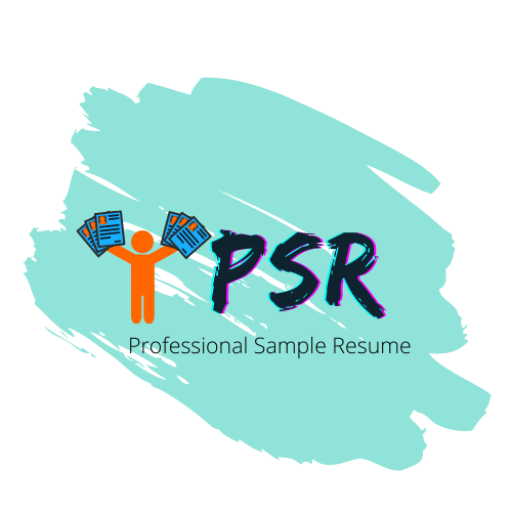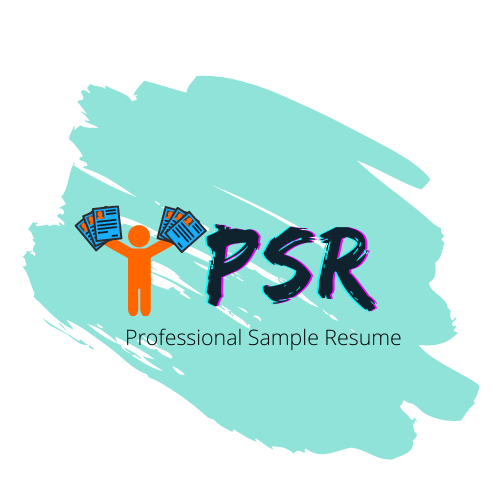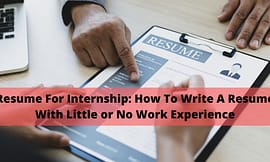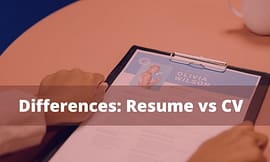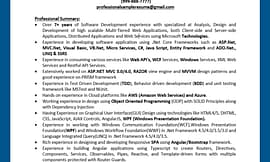Reading Lists
Job Search Tips And Tricks For Beginners
Sooner or later, each of us would be required to create a resume in order to participate in a job search. Since this is unavoidable, you should brace yourself accordingly. It’s not nearly as complex as it seems. All you have to do is follow some basic guidelines, such as writing a resume that will beat the bots, tailoring it to each work posting, and preparing for the interview.
However, many work seekers, especially those who are doing so for the first time, seem to be completely overwhelmed by these procedures. Most people seem to be uncomfortable with sending out resumes and engaging with recruiters.
Plan your Strategies
You have nothing to be afraid of if you have it underhand. You know what you want, you stick to your plan, and you get it. It all boils down to meticulous preparations.
To begin, sit down and write down your goals, desired businesses, planned wages, workforce benefits, and other information. It would be easier for you to discover out what you are looking for if you have a clear picture of your potential job.
Second, get the submission procedure a habit. Send your resume to no more than two businesses a day and you’ll have to google the company each time and customize your resume accordingly.
Create a Winning Resume
Consider your resume to be a book. To put it another way, don’t treat it like a sheet of paper with your past on it. Instead, learn the fundamentals of resume composition and pursue them to the letter. If you’re not sure you should handle it, seek clinical assistance.
You May Also Read: 5 Proven Strategy to Write a Winning Resume
Before it hits a human recruiting officer, your resume is likely to be scanned by a candidate monitoring device. As a result, it is your responsibility to ensure that your document complies with all existing resume writing guidelines, which has an impact on your performance.
Get your resume as clear as possible. And if you’re a Biotechnology guru with a slew of programs, break them down into plain terms that anyone would understand.
Make Some Changes
Do not consider your freshly crafted resume to be a permanent document. Yes, it might look fantastic. However, you can change the language, add new core skills, and also exchange bullet points here and there to get more interviews.
Each work advertisement is exclusive. Your aim is to tailor your resume to the job posting and represent yourself as an ideal candidate.
You May Also Read: 5 Resume Mistakes To Avoid To Get into a Job Interview
Some Company Will not Hire You
For a junior professional, having the option of choice is fantastic. However, this does not imply that you should expect any of the businesses to respond to your submission. That isn’t how it works. Before you start looking for work, you should be prepared for the worst.
It’s good if you aren’t chosen as a nominee. It isn’t the end of the planet as we know it. Many organizations keep defeated candidates’ resumes on file but don’t be surprised if you get a call years later.
However, if you don’t get hired by this company right now, you’ll quickly find a career somewhere else that better suits your needs.
Create A Attractive LinkedIn Profile
Thanks to text messages, emails, and technical social networks, today’s recruitment process is very easy.
LinkedIn is a professional networking site.
Often recruiters are more interested in your LinkedIn profile than in the resume you might have submitted. It screens applicants, recommends the right ways to contact them, and also offers technical training. This network is beneficial to both applicants and recruiters.
As a result, before you start searching for a career, make sure your LinkedIn profile is in good shape. Today, having a decent resume isn’t enough.
Don’t Be Cliche
Professionalism does not imply monotony. Here are few resume writing tips. Don’t use cliches that you’ve used before. It’s completely pointless. Instead, be genuine when explaining your abilities.
When you get to the interview, don’t offer ‘right’ responses that you’ve memorised. This deception will not help you find work. Show them what kind of person you are by demonstrating your sense of humour, speaking from the heart, and demonstrating your sense of humour.
You are one of a kind. Don’t want to blend in with the hundreds of other contestants. In the end, it’s the memorable, amiable, and likable who get the job.
Prepare For Every Interview
Unprepared applicants, obviously, do not get the job they seek. Interviewers dislike haggling over candidates who have no idea what business they are applying to. As a result, before sending your resume to a company, take a few minutes to learn about their goal and vision.
When you get to the interview, do as much research as you can. You’ll have your questions ready to ask if you search for the facts. That means the interview will be more of a dialogue than an investigation. That is extremely helpful.
Even if you can only find very simple and very general knowledge, being prepared is preferable to being unprepared. You can be fooled, but you can’t be caught off guard.
Learn To Thanks Others
Many newcomers are unsure about how to continue their job quest. They, on the other hand, have a faulty interpretation of how it can conclude. They agree that the interview, whether or not it is satisfactory, is the final step in the process. It’s far from the truth.
Recruiters have a large number of resumes to review each day. Hiring managers and interviewers have a large number of applicants with which to communicate. With that in mind, interviews need not be the last interaction with the recruiting committee.
It is imperative that you write a thank you note. It accomplishes all objectives: you thank the interviewers for their time while still reminding them of your candidacy.
